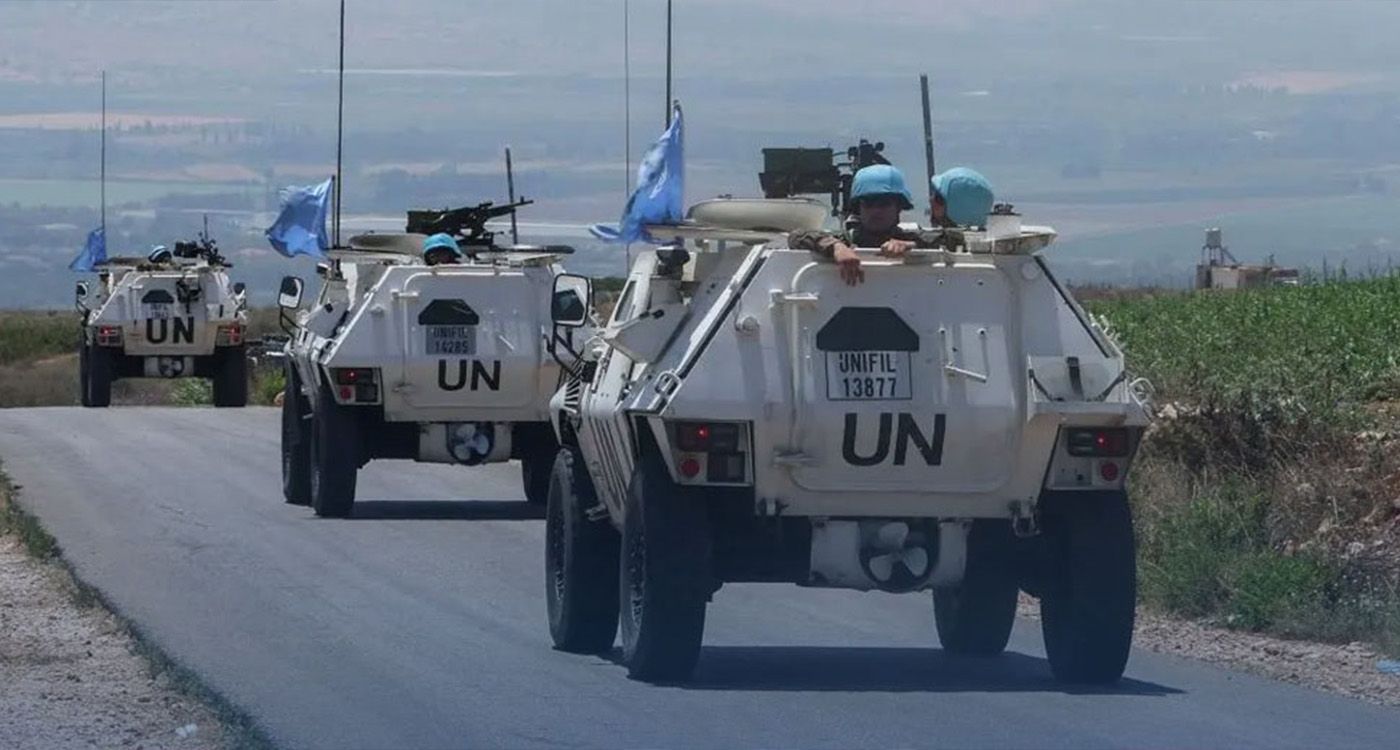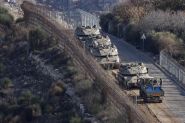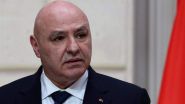
With its mandate set to expire on August 31, 2025, the United Nations Interim Force in Lebanon (UNIFIL) is once again facing scrutiny over its effectiveness in fulfilling its mission.
Enlarged under UN Security Council Resolution 1701 in 2006 to prevent the presence of armed groups south of the Litani River, UNIFIL has struggled to enforce its mandate—despite a force of nearly 10,000 personnel and an annual budget nearing $500 million.
An Ambitious Mandate, a Poor Record
UNIFIL was tasked with assisting the Lebanese Army in creating a zone free of militias, particularly Hezbollah. Yet on the ground, Hezbollah has steadily expanded its presence in southern Lebanon, frequently barring UNIFIL access to large areas.
Dozens of incidents involving the obstruction of UNIFIL patrols have been reported, ranging from threats and equipment theft to gunfire. In one high-profile case this February, Hezbollah supporters set fire to a convoy of UNIFIL’s deputy commander near Beirut airport, injuring an officer.
The Alma Research and Education Center, an Israeli think tank focused on northern border security, reported that Hezbollah’s elite Radwan Unit positions—including tunnels—were located in close proximity to UNIFIL observation posts, without any reaction from the peacekeepers. Alma goes further, accusing UNIFIL of inadvertently serving as a “human shield” against Israeli strikes.
Mission Drift or Deliberate Inaction?
UNIFIL has consistently stated that its role is one of coordination and observation. But critics argue the mission interprets its mandate too narrowly.
Resolution 1701 allows UNIFIL to use “all necessary means” to prevent hostile activity in its area of operations—though within the limits of its capacity and with the host state’s consent.
According to the Washington Institute, UNIFIL has failed to investigate any of the 3,000-plus Hezbollah sites targeted by Israeli strikes since October 2023. Recently uncovered weapons caches have been dismantled either by the Lebanese Army or destroyed by Israeli attacks.
The Washington Examiner, a conservative US outlet, contends that UNIFIL has become little more than a “disguised aid program,” benefiting troop-contributing countries while falling short of its original mission.
Meanwhile, Israel Hayom reported allegations of corruption, including claims that peacekeepers accepted bribes from Hezbollah to access surveillance equipment. While serious, these allegations remain unverified and have not been the subject of an independent investigation.
2023–2024: Toward a New Paradigm?
The October 2023 war shattered the uneasy status quo in south Lebanon. Israel’s subsequent military campaign, followed by a ceasefire on November 27, 2024, decimated much of Hezbollah’s infrastructure in the south.
In response, President Joseph Aoun reaffirmed the state’s exclusive authority over arms. The Lebanese Army redeployed heavily to the southern border, supported by a new supervisory mechanism involving the United States, France, Israel, Lebanon and UNIFIL. This five-party format now oversees the implementation of the ceasefire.
Since then, the Lebanese Army has made notable gains. According to the Institute for National Security Studies (INSS) in Israel, over 500 Hezbollah positions have been dismantled and 90% of the group’s border infrastructure destroyed.
UNIFIL has reportedly identified more than 225 weapons caches, yet Israeli analysts credit these developments largely to Israeli military pressure and American diplomacy, not to UNIFIL’s efforts.
As the Washington Examiner notes, the Lebanese Army now controls over 80% of southern Lebanon and is actively seizing Hezbollah’s weapons—more than UNIFIL has done in nearly two decades. UNIFIL has largely been relegated to humanitarian and logistical roles.
What Comes Next?
The upcoming Security Council session is expected to spark debate over UNIFIL’s future. Three primary scenarios are on the table:
One option, backed by Lebanon and Council members such as France, China and Russia, is to renew the mandate as it currently stands. However, the Washington Institute calls this option “diplomatic laziness,” warning it would prolong an expensive and ineffective arrangement.
A second option, supported by the US and Israel, would be to reduce troop numbers to around 2,500 and refocus the mission on intelligence, rapid response and liaison duties. It also includes biannual performance reviews.
A third scenario is to end the mission entirely. Think tanks like Alma, the American Enterprise Institute (AEI) and the Washington Examiner argue that UNIFIL has failed in its core objectives and should be disbanded. The AEI views its shortcomings as part of a broader peacekeeping crisis, citing similar dysfunction in MONUSCO (DR Congo) and UNFICYP (Cyprus).
According to AEI, “UNIFIL should have helped prevent war—but through inaction, it allowed one to unfold.” Instead of serving as a stabilizing force, it became diplomatic cover for Hezbollah’s remilitarization, under a passive and sometimes complicit watch.
As things stand, UNIFIL appears more as a bystander than a central player in shaping southern Lebanon’s security landscape.
If it is to avoid becoming an expensive symbol of international inertia, UNIFIL must undergo a profound transformation.




Comments